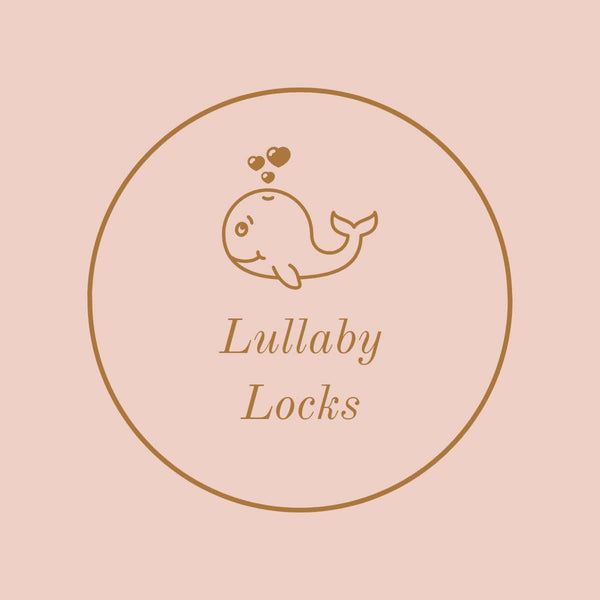Welcoming a baby into the world is one of the most profound transitions a family can experience. While the newborn naturally becomes the center of attention, it’s essential not to overlook the person who brought that life into the world, the mother. The weeks following childbirth, known as the postpartum period, are filled with both beauty and vulnerability. This is a time when a new mother needs as much care, patience, and love as her newborn. And this responsibility doesn’t lie with her alone.
Fathers, partners, and family members play a critical role in ensuring the mother’s physical, emotional, and mental well-being. Supporting her through this journey not only helps her heal but also strengthens the family bond and sets a positive foundation for parenting.
1. Understand Her Physical Recovery
Childbirth, whether vaginal or cesarean, takes a toll on the body. Pain, soreness, fatigue, and hormonal shifts are common. Fathers and family can help by:
- Managing household chores so she can rest without guilt.
- Encouraging regular meals and hydration, especially if she’s breastfeeding.
- Ensuring she attends postpartum checkups, as recovery differs from person to person.
-
Watching for signs of postpartum complications, like excessive bleeding or infection.
- Sometimes the best support is simply helping her sit down and eat in peace or holding the baby while she showers.
2. Embrace Emotional Support
Postpartum emotions can range from joy and gratitude to anxiety, overwhelm, and sadness. Many mothers experience "baby blues," and some face postpartum depression or anxiety. Emotional care is vital:
- Listen without trying to fix: Just being present and available is powerful.
- Validate her feelings: Let her know that her emotions are real and okay.
- Look out for signs of postpartum depression: such as persistent sadness, withdrawal, or loss of interest, and gently encourage professional help if needed.
-
Encourage rest and sleep: sleep deprivation can intensify emotional strain.
3. Promote Her Identity Beyond Motherhood
A mother’s identity shifts dramatically after childbirth. The family can remind her that she is more than just a caregiver:
- Let her take time for herself, even if it’s just a quiet walk or a long bath.
- Encourage her creative or professional interests, even in small ways.
-
Celebrate her milestones, not just the baby’s firsts but hers too: the first solo outing, first full night of sleep, first time laughing out loud again.
4. Fathers: Be an Equal Partner, Not a Helper
Fathers often want to help but may not know how. Instead of thinking in terms of "helping" the mother, shift the mindset to co-parenting and co-healing.
- Take the lead with baby care diaper changes, nighttime soothing, baths, and skin-to-skin contact build the father-baby bond while giving the mother rest.
- Step up proactively rather than waiting for instructions. If the baby needs changing or the dishes are piling up, just do it.
-
Reassure her of your love and admiration. Birth and early motherhood can leave women feeling physically and emotionally different. Your affirmations mean more than you think.
5. Create a Cocoon of Care
In many cultures, the family rallies around the new mother in the early weeks — feeding her nourishing food, massaging her body, and offering practical help. Whether you’re a grandparent, sibling, or friend, your support matters deeply:
- Cook nutritious meals or organize a meal train.
- Visit to help, not just to hold the baby.
- Respect boundaries- give her space when she needs it, and don’t comment on her parenting choices.
-
Encourage rest, not guests- protect her peace and privacy.
6. Celebrate Her, Quietly and Loudly
From making a cup of tea to leaving a heartfelt note, small gestures can mean everything. Celebrate her resilience. Share in her joy. Remind her that while everyone sees the baby, you see her too.
Taking care of a new mother is not just a kind act, it’s essential. When she is supported, loved, and nurtured, she can pour the same energy into her baby and her own healing journey. So let’s shift the focus back to the person who gave life, and honor her not just as a mother, but as a whole, evolving human being.
Because when a mother is held with love, the entire family flourishes.

